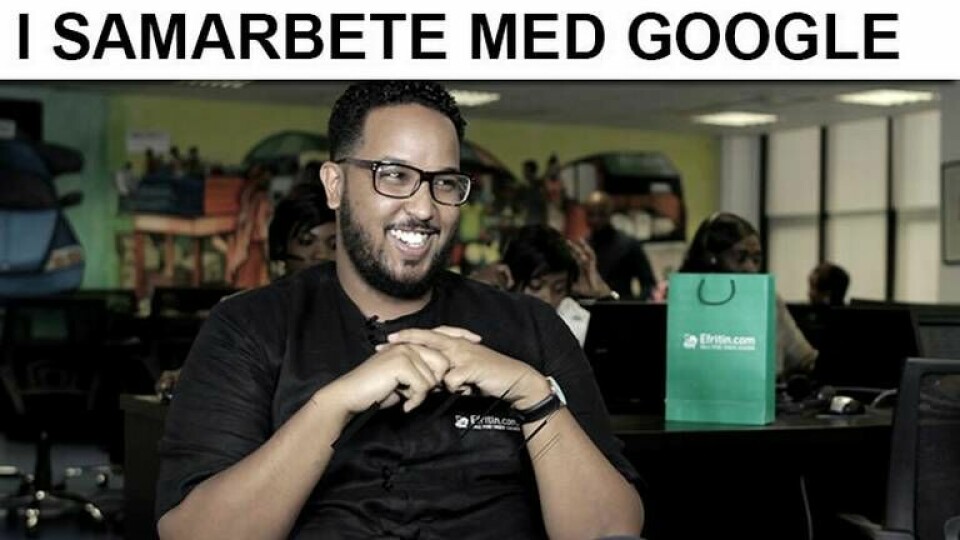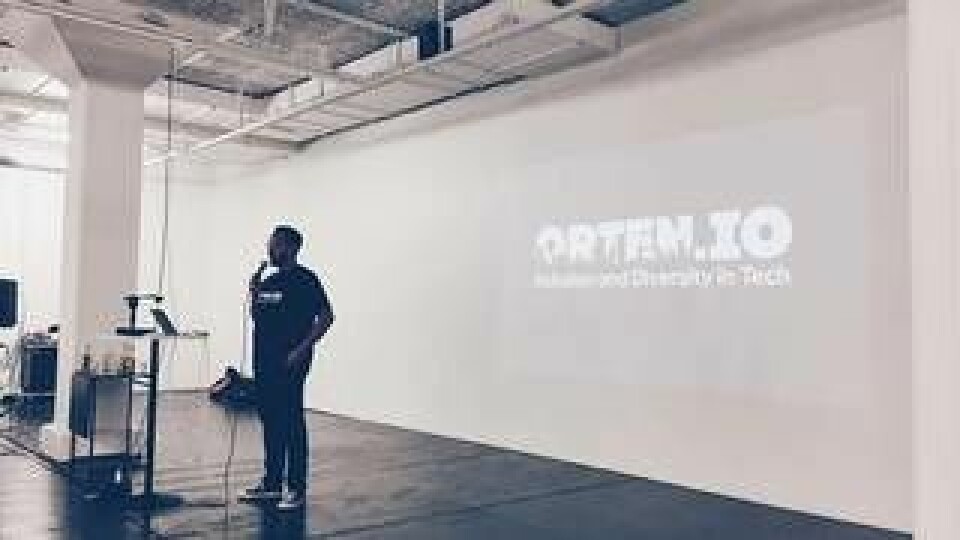Lediga jobb
-

Nu söker vi en driftansvarig till vår laddinfrastruktur!
-

Biträdande kontorschef till den tekniska avdelningen
-

DevOps Systemintegratör inom Linux
-

Enhetschef till drift och IT-infrastrukturkontoret
-

Stationsingenjör till Gotland
-

Avfall Sverige söker en rådgivare inom energiåtervinning
-

Specialist GIS - Eskilstuna
-

IT-specialist SCADA EMS
-

Projektstöd AMS – Arbete med spänning
-

Specialist skyddsanalys material - Eskilstuna
















































